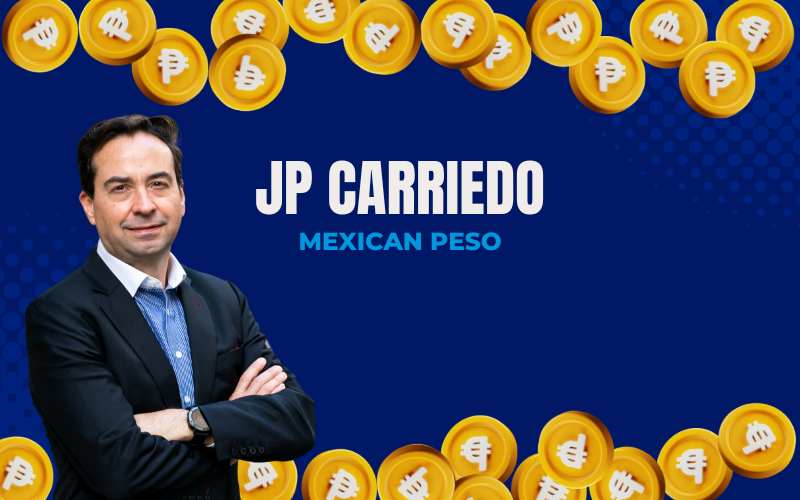(Bloomberg) -- Emerging-market currencies traded mixed on Monday as China’s leaders pledged more economic stimulus, pushing commodity prices higher and helping offset some of the geopolitical risks arising from Syria and South Korea.

The South African rand outperformed peers on Monday, extending its advance as the country’s central bank vowed for a cautious approach to managing interest rates.
The Colombian and the Chilean pesos were among the biggest winners among currency peers, as news of China promising a “moderately loose” monetary policy next year pushed copper and oil prices higher. These gains, however, were not enough to offset a drop in Asian currencies, which dragged a broader index of emerging- market currencies lower by more than 0.1%.
The South Korean won led losses as opposition lawmakers vowed to push for another impeachment vote against President Yoon Suk Yeol.
The Mexican peso touched session lows following news reports that Kari Lake is the leading contender for Donald Trump’s ambassador to Mexico. The US dollar reversed earlier losses.
“Although there was a lot of excitement around China politburo’s statements on more robust economic stimulus, there are still questions among many investors about how much impact these measures could have or how long could they take,” said Juan Perez, director of trading at Monex USA.
Going forward, there will be two factors impacting the performance of Latin American currencies: countries’ own monetary policies versus the US — with Colombia, Mexico and Chile set for more cuts — and fiscal issues, said Jose Prieto Jaramillo, business head at BTG Pactual in Bogota.
Rate decisions from Brazil and Peru are scheduled for this week. Meanwhile, emerging-market stocks rose after news on potentially bolder China stimulus.
MSCI Inc.’s EM equity benchmark advanced for a sixth day by 0.8%, posting its longest winning streak since September.
Chinese stocks listed in Hong Kong rebounded in the final hour of trading as the Politburo in Beijing said it would embrace a moderately looser monetary policy and a more proactive fiscal stance. The Hang Seng China Enterprises Index erased a small loss to climb more than 3%. The offshore yuan also rebounded.
“China’s stimulus pledge triggered an improvement in financial market risk appetite,” Elias Haddad, senior markets strategist at Brown Brothers Harriman, wrote in a note.
Political Turmoil
South Korea has become one of several global political hot spots keeping investors on edge.
The Middle East saw a realignment over the weekend with the fall of Bashar Al-Assad’s regime in Syria. “Markets probably do not know immediately what to make of the regime change in Syria, but uncertainty in Korean politics and the underperformance of Korean asset markets is certainly noteworthy,” Chris Turner, an analyst at ING Bank, said in a note.
Lebanese dollar bonds were leading gains in emerging markets, according to a Bloomberg index tracking sovereign debt. The defaulted notes have almost doubled in less than three months as Al-Assad’s ouster is seen as potentially weakening Hezbollah’s influence over Lebanese politics.
Elsewhere, in eastern Europe, political turmoil reared up in Romania as the Constitutional Court voided the first round of the presidential election and scrapped Sunday’s runoff. Still, Morgan Stanley is turning more positive on the country and moved it to a “like” stance among emerging-market sovereigns rated as investment grade.




